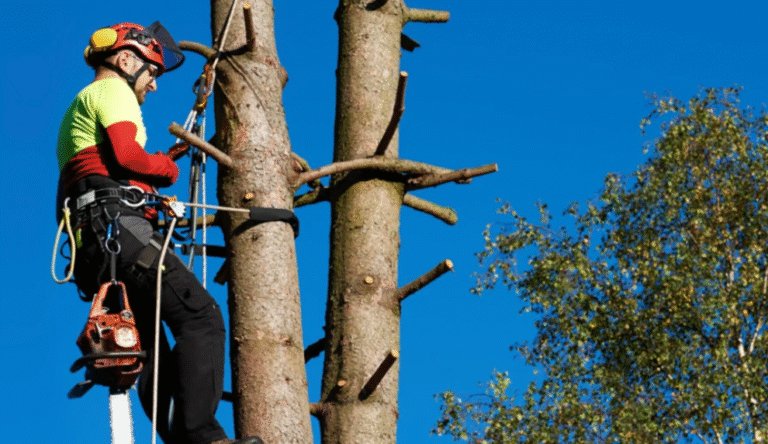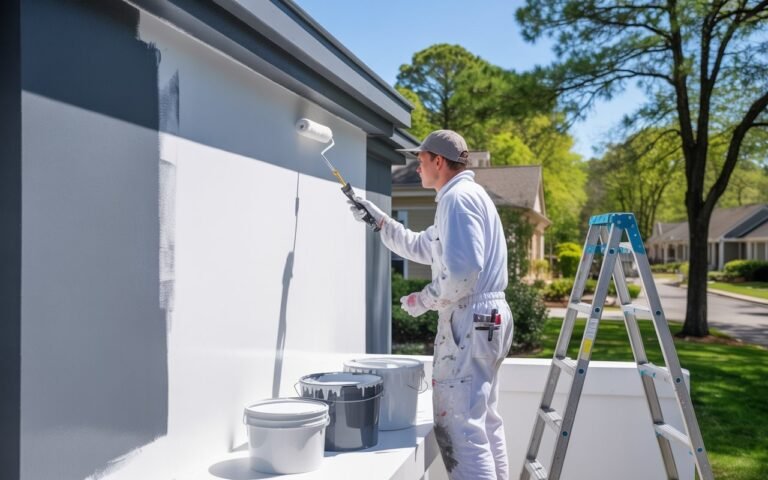Is a Reverse Mortgage in Australia a Smart Move for Seniors?
Introduction
If you are exploring ways to improve your financial situation during retirement, a reverse mortgage in Australia may be an option to consider. This financial product allows homeowners aged 60 and above to access the equity in their homes while continuing to live there. It can provide a valuable source of income or funds for expenses in retirement without the need to sell your home or make monthly repayments.
Before deciding whether this option is right for you, it is important to understand how reverse mortgages work, their benefits and risks, eligibility criteria, and the long-term implications. In this article, we will guide you through the key information needed to make an informed decision.
What Is a Reverse Mortgage?
Understanding the Basics
A reverse mortgage is a loan secured against the value of your home designed specifically for seniors aged 60 and above. It allows you to convert a portion of your home equity into cash without having to sell your home or make monthly repayments during your lifetime.
How It Differs From a Traditional Mortgage
Unlike a traditional mortgage where you make regular payments to reduce the loan, a reverse mortgage accrues interest and fees that are added to the loan balance. The loan is repaid only when you sell the property, move into aged care, or pass away.
How Does a Reverse Mortgage Work in Australia?
Eligibility Criteria
- You must be at least 60 years old to apply.
- You must own a home in Australia that meets the lender’s criteria.
- The home must be your principal place of residence.
Loan Amount and Interest Rates
The amount you can borrow depends on your age, the value of your home, and the lender’s policies. Older borrowers typically qualify for higher loan amounts. Interest rates on reverse mortgages tend to be higher than traditional home loans and can be fixed or variable.
Repayment Terms
There are no mandatory repayments while you live in your home. The loan is repaid through the sale of the property once you permanently leave or pass away. The loan balance includes the original amount borrowed plus accumulated interest and fees.
Benefits of a Reverse Mortgage for Seniors
Increased Financial Flexibility
Accessing the equity in your home can provide extra funds for everyday living expenses, medical bills, home renovations, or travel. This can help improve your quality of life in retirement.
No Impact on Your Home Ownership
You retain full ownership of your home and can live there for as long as you wish, provided you meet the loan conditions such as maintaining the property and paying property-related expenses.
No Monthly Loan Repayments
Since repayments are deferred, you are not required to make any monthly payments while living in the home. This can reduce financial pressure and increase your cash flow.
Legal Protections
Australian reverse mortgages come with consumer protections, including the No Negative Equity Guarantee. This means you or your estate will never owe more than the sale price of the property.
Risks and Considerations
Accumulating Loan Balance
Because interest and fees compound over time, the total loan amount can grow substantially. This reduces the equity available in your home and can impact your financial legacy.
Impact on Government Benefits
Funds received from a reverse mortgage may affect your eligibility for government pensions or benefits, depending on how the money is used and reported.
Costs and Fees
Reverse mortgages often come with higher interest rates and upfront fees such as application and valuation fees. It is important to factor these into your decision.
Potential Impact on Inheritance
Using a reverse mortgage reduces the value of your estate, which means there may be less inheritance available to your beneficiaries.
Property Maintenance Obligations
You are responsible for maintaining the property and paying rates, taxes, and insurance. Failure to meet these obligations may lead to loan default.
See also: Selling Your Home Without an Agent: A Guide to a Swift and Efficient Process
Is a Reverse Mortgage the Right Choice for You?
Assessing Your Financial Situation
Consider your current income, expenses, health, and lifestyle goals. A reverse mortgage can be a useful tool for supplementing income or meeting unexpected expenses, but it is not suitable for everyone.
Alternative Options
Explore other financial options such as downsizing, superannuation income streams, or personal loans before deciding on a reverse mortgage.
Importance of Professional Advice
Seek independent legal and financial advice before proceeding. Understanding the full implications of a reverse mortgage is essential for making an informed decision.
How to Apply for a Reverse Mortgage in Australia
Finding a Reputable Provider
Choose lenders or brokers who are licensed and have a good reputation. You can start your research at Seniors First, which offers expert guidance and access to trusted lenders.
Required Documentation
You will need to provide proof of age, property ownership, and meet the lender’s financial assessments. Independent legal advice is mandatory to ensure you understand the contract terms.
Application Process
The process includes a property valuation, loan assessment, legal consultation, and signing the loan agreement. The timeline can vary but generally takes several weeks.
Frequently Asked Questions
Can I lose my home with a reverse mortgage?
No. As long as you comply with the loan terms such as maintaining the property and paying rates, you can stay in your home.
Will the loan affect my Age Pension?
It may. The impact depends on how the funds are spent or invested. Consult Centrelink or a financial adviser for specifics.
How much can I borrow?
The loan amount depends on your age, property value, and lender policies. Older applicants usually qualify for higher amounts.
Are there monthly repayments?
No. You are not required to make monthly repayments while living in the home.
What happens when I sell my home?
The loan balance including interest and fees is repaid from the sale proceeds. Any remaining equity goes to you or your estate.
Conclusion
A reverse mortgage in Australia can be a valuable financial tool for seniors looking to access home equity without selling their home or making monthly repayments. It offers flexibility, legal protections, and the ability to improve retirement cash flow. However, it is important to carefully consider the risks, costs, and long-term impacts before proceeding.
Seeking professional advice and comparing options is essential. For those who decide it fits their needs, a reverse mortgage can provide a practical way to enjoy a more comfortable and secure retirement.






